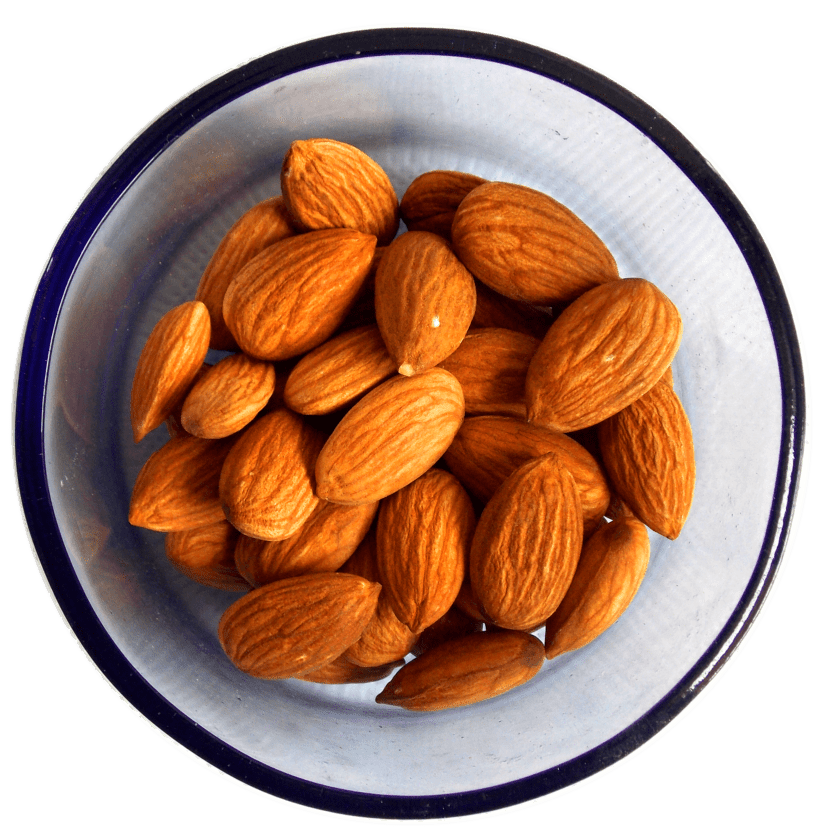Are you aware of Vitamins and their benefits? What are vitamins? How many types of different vitamins are there? What are their names? How are they divided? If you are eager to know about vitamins, this article is for you. I will primarily be continuing about Vitamin E.
What are Vitamins?
Vitamins are organic substances that are required in small amounts for the proper growth and development of the body.
How many types of different vitamins are there?
There are 13 different types of vitamins.
Names of Different types of Vitamins?
- Vitamin A
- Vitamin C
- Vitamin D
- Vitamin E
- Vitamin K
- Vitamin B1 (Thiamine)
- Vitamin B2 (Riboflavin)
- Vitamin B3 (Niacin)
- Vitamin B6 (Pyridoxine)
- Vitamin B5 (Pantothenic acid)
- Vitamin B7 (Biotin)
- Vitamin B9 (Folic acid)
How are they divided?
They are divided into two categories
- Fat-soluble Vitamins
- Water-soluble Vitamins
Fat-soluble Vitamins. They are known as Fat-soluble Vitamins because they are stored in the body in fat tissues and the liver. Vitamin A, E, D, and K are the perfect examples of fat-soluble vitamins.
Water soluble Vitamins: All the other Vitamins except vitamins A, D, E, and K are water-soluble vitamins. They are known as water-soluble vitamins because they are not stored in the body for a long time as they are not required for a longer time and are excreted in Urine.
Introduction To Vitamin E
Vitamin E is a Fat-soluble Vitamin that is obtained through diet and supplements in the body. It is stored in the fat cells and tissues in the body and absorbed by the body when needed therefore regular intake of it is not required .when Another name for Vitamin E Is tocopherol or alpha-tocopherol. it is a strong antioxidant required for the proper functioning of the overall bodily organs.

Benefits of Vitamin E
1. Vitamin E is an immunity Booster: Vitamin E helps in boosting immunity by assisting with the t-cell production which is required for an effective immune response. Moreover, it is a powerful antioxidant that helps in reducing oxidative stress in the body’s cells. Thus It helps in boosting the immune system and fights against various infections and bacteria. It is good for cardiovascular health including chest pain, heart attack, high blood pressure, thickening of arteries, etc. it lowers the risk of various types of cancer in the stomach, and lungs. oral cavity, rectal, and prostate gland. It helps in increasing the energy levels of the body and provides physical strength, it is beneficial for treating respiratory ailments, Parkinson’s disease, Impotency, Infertility, asthma, cataract, cystic fibrosis, Alzheimer,s disease, Restless legs syndrome, Epilepsy, Huntington’s chorea, and rheumatoid arthritis and thus helps in fighting against various diseases,
2. Vitamin E is good for skin health: Vitamin E has antioxidant properties in it which helps in keeping your skin healthy. It keeps your skin hydrated and moisturized. It is anti-aging. It removes scars, and dark spots and repairs damaged skin. It makes your skin soft, Younger-looking, radiant, and flawless. it reduces swelling and redness of the skin.
3. Vitamin E is great for healthy hair: Vitamin E plays a vital role in providing a healthy scalp and nourished hair. It is used for ages to keep your hair strong, thick, long, and healthy. when applied directly to your scalp it locks in moisture and thus helps in preventing your hair look dull and frizzy.
4. Vitamin E is good for the eyes: Vitamin E plays a vital role in improving your vision as its primary role in the body is neutralizing oxidation. Thus it protects certain parts of the eye, which are especially responsive to oxidative damage. For example, it prevents cataracts. It also prevents age-related macular degeneration.
5. Vitamin E balances hormones: Vitamin E plays a great role in balancing your body’s hormones by reducing stress and inflammation, Increasing luteal blood flow, and Opposing excess Estrogen. it works naturally for balancing the hormones if consumed either through diet or supplements.
Vitamin E Sources

Vegetarian sources of Vitamin E
Asparagus
Carrots
Soyabean oil
Sunflower seed
Olive oil
Wheat Germ
Pine Nuts
Green vegetables
Tomatoes
Butternut Squash
Almond
Mango
Hazelnuts
Peanuts
Wheat Germ Oil
Kiwi
Broccoli
Vegetable oil
Safflower oil
Spinach
Avocados
Raspberry
Cranberry
Green Beans
Brazil Nuts
Turnip
Peanut
Corn oil

Non-Vegetarian sources of Vitamin E
Herring
Tuna
Sardines
How much Vitamin E should you eat daily?
For adults 15 milligrams a day of vitamin e consumption is considered healthy. More than that can lead to toxicity.
Vitamin E Deficiency
Vitamin E deficiency may cause impaired thinking ability, permanent damage to nerves, or heart disease.
Vitamin E Toxicity
Vitamin E toxicity may cause diarrhea, muscle weakness, nausea, fatigue, and bleeding.
Conclusion:
Vitamin E is good for your overall health. As it fights against various bacteria and viruses by boosting your immune system. It should be consumed as per the recommended dietary allowances to reap its benefits, lack of vitamin E in the diet can lead to the certain disease on the other hand more intake of vitamin E than its actual requirement can cause its toxicity, So you should consume vitamin E as per RDA. Before including vitamin E in your diet you should consult your personal dietician.













